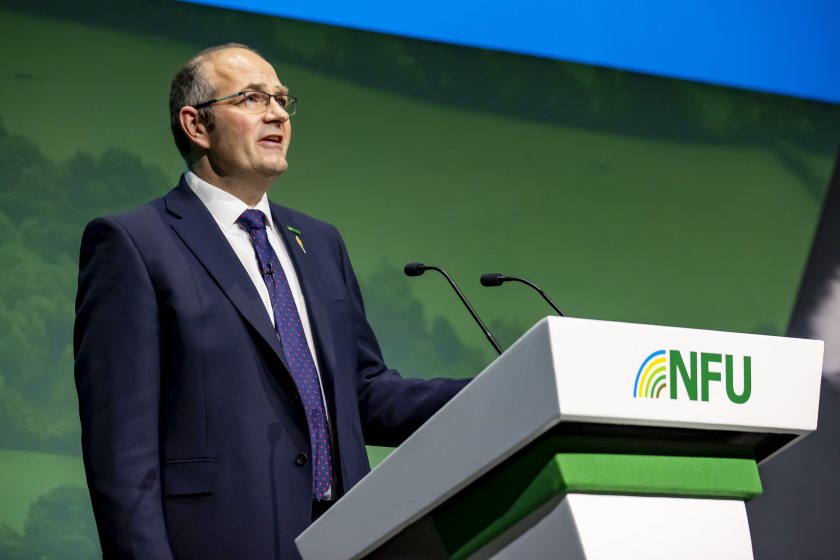NFU: Budget's IHT tweaks 'nowhere near enough' to save family farms

The NFU has warned that the chancellor’s small adjustment to inheritance tax rules “doesn’t come close” to protecting family farms, accusing the government of leaving elderly and vulnerable farmers exposed as sweeping tax reforms approach.
The change, announced in the autumn budget on Wednesday (26 November), allows married farmers — or those with deceased spouses — to transfer their unused £1 million agricultural and business property relief allowance between spouses.
It means the surviving partner can combine both allowances, passing on up to £2m in agricultural assets on their death. The Treasury says the concession will ease pressure on some families, but farming leaders argue it will help only a small minority.
The NFU said the measure falls far short of what is needed to address widespread concern about the so-called “family farm tax”.
Since the proposals were first unveiled, more than 275,000 people have signed petitions demanding reform, 160,000 family-owned businesses have written to the chancellor, and MPs from all political parties have raised alarm about the impact on rural communities.
Independent tax experts have also offered alternative and more targeted models. NFU President Tom Bradshaw welcomed the government’s acknowledgement that its initial plans were flawed, but said the concession barely scratches the surface.
“It’s only right that agricultural allowances can be transferred between spouses and it’s something we’ve been calling for, but it doesn’t go anywhere near far enough in protecting the working people of the countryside. It does nothing to alleviate the burden it puts on the elderly and vulnerable.”
He criticised the government for overlooking the efforts of Labour backbenchers who have pushed for a wider rethink, describing the decision as “a huge smack in the face” to MPs working to protect their local farmers.
Bradshaw said ministers must “look again at the multiple solutions that have been put forward by industry and tax experts” if they want to “back working people” and “increase investment”.
The NFU also warned that other budget measures could compound pressure on farming and growing businesses. Bradshaw said the latest rise in the National Living Wage — up 12% in two years — would add further cost pressures and drive inflation in the food system.
He also criticised the increase in the autonomous tariff quota for sugar cane, arguing that it would “undercut British growers” at a time when the government claims to prioritise domestic growth and investment.
He noted that changes to apprenticeships could help the industry attract more young people, but said this would not offset the wider economic strain facing farmers.
Bradshaw praised the “incredible” public support shown over the past year and urged the industry, supply chain and MPs to continue pushing for meaningful reforms. “The fight continues; we cannot give up,” he said.
With the April implementation date now just months away, the NFU and other industry bodies are expected to intensify lobbying efforts, warning that without further changes family farms will face long-term structural damage.








